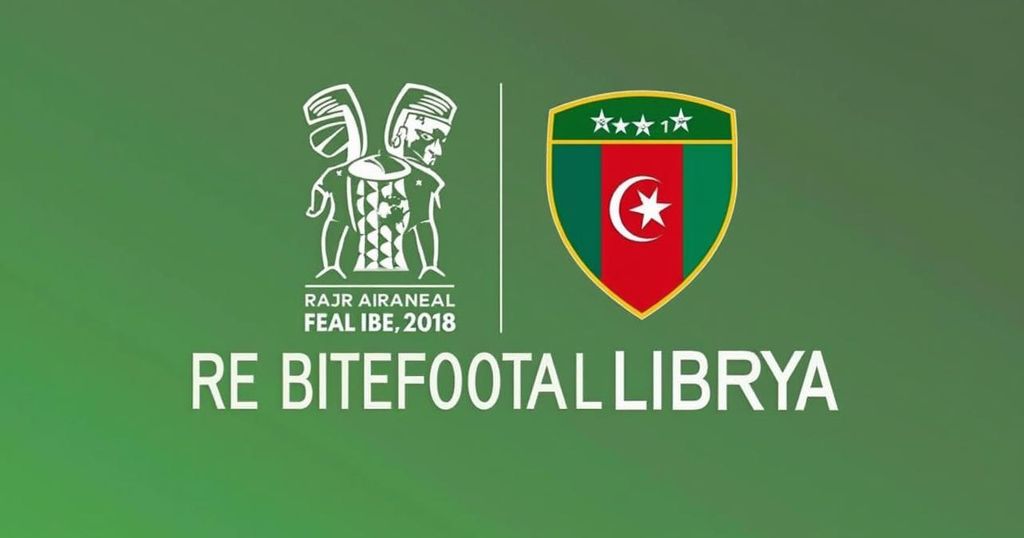Nigeria’s Football Team Boycotts Match Over Inhumane Treatment in Libya
Nigeria’s national football team has opted to boycott their AFCON 2025 qualifying match in Libya due to the inhumane treatment received upon arrival. Captained by William Troost-Ekong, the team was stranded for over 17 hours without food or drink at an abandoned airport. Citing safety concerns and poor conditions, they have officially decided to return home instead of playing. The NFF has filed a complaint with CAF, amid calls for sanctions against Libya for its handling of the situation.
In an alarming development, Nigeria’s national football team has chosen to boycott their Africa Cup of Nations (AFCON) 2025 qualifying match against Libya due to what has been reported as “inhumane treatment” during their stay in Libya. The Super Eagles captain, William Troost-Ekong, disclosed that upon their arrival at Al Abraq International Airport, the team was stranded for over 17 hours without food and drink while locked in an abandoned airport facility. The Nigeria Football Federation (NFF) confirmed that the players would be returning home without participating in the scheduled match after the unsettling experience, which included their chartered flight being diverted for unspecified reasons, exacerbating tensions and safety concerns. Troost-Ekong firmly stated, “As the team captain together with the team we have decided that we will NOT play this game,” underscoring their decision to prioritize player safety over the match. Since the players had not been granted proper access to adequate amenities and communication was cut off, they decided to forfeit the game rather than endure further hardship. The NFF has initiated a formal complaint to the Confederation of African Football (CAF) regarding these incidents. Former African footballer Victor Ikpeba echoed similar sentiments, calling for significant repercussions for Libya’s football governance, citing the potential risks involved in hosting matches in such environments. He remarked, “If CAF know their job, Libya ought to be banned from international football,” reflecting grave concerns about the safety and welfare of players traveling for international competition.
The Africa Cup of Nations (AFCON) serves as the primary international competition for senior men’s football teams in Africa, attracting national pride and competitive spirit from participating nations. The recent incident regarding Nigeria’s football team highlights not only the logistical challenges of hosting qualifying matches in certain regions but also the ethical implications concerning player safety. Libya has been scrutinized for its political instability and lack of infrastructure, leading to questions about its suitability as a host nation for sporting events. The issues surrounding player treatment highlight broader concerns in maintaining fair and safe conditions for international sportsmanship.
In conclusion, the decision by Nigeria’s football team to boycott their qualifying match against Libya has underscored the paramount importance of player safety and humane treatment in international competition. The serious allegations of neglect and inadequate facilities have prompted the NFF to take formal action, which may lead to significant consequences for the Libyan football authorities. This incident serves as a poignant reminder of the complexities involved in organizing international events in politically or socially unstable regions, emphasizing the need for stricter oversight by governing bodies such as CAF to ensure the welfare of athletes.
Original Source: www.aljazeera.com




Post Comment